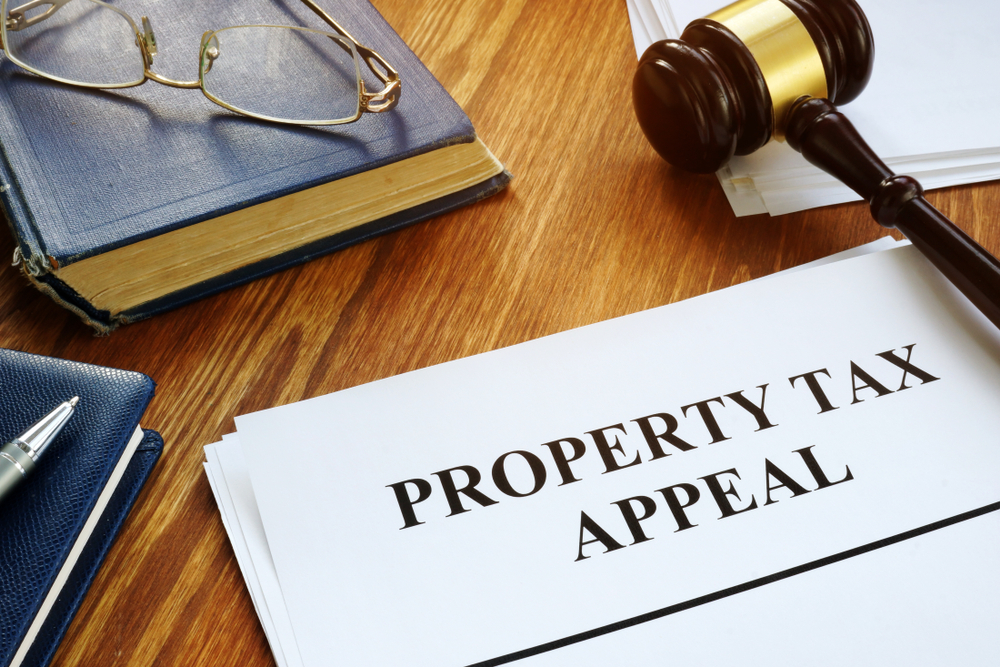If you’re a homeowner—or planning to become one—property taxes are one of those things you just can’t avoid. They show up every year, and they can impact your monthly mortgage, your budget, and even your decision about where to live. But what exactly are property taxes, and how are they calculated?
In this article, I’ll break it all down in a way that’s easy to understand. You’ll learn why property taxes exist, how your tax bill is determined, and what factors can make it go up or down. I’ll also tackle a few common questions that come up along the way. Let’s jump in!
What Are Property Taxes?
Property taxes are annual taxes that homeowners pay to their local government. These taxes are based on the value of your home and the land it sits on. They help fund essential public services like schools, roads, police and fire departments, and libraries.
Unlike income taxes or sales taxes, property taxes are tied directly to the real estate you own. Whether you live in your home or rent it out, if your name is on the deed, you’re responsible for the tax bill. And unlike some other taxes, property taxes typically don’t go away—even if your mortgage is fully paid off.
Most cities and counties collect property taxes to support their budgets. The amount you pay helps keep your community running smoothly and safely. That’s a good thing, but it’s still important to understand how your property taxes are calculated and how they can change over time.
How Property Taxes Are Calculated
Thankfully, the formula for calculating property taxes is simple:
Assessed Value × Tax Rate = Property Taxes.
Let’s take a closer look at what each part of that means.
The assessed value is the estimated dollar value of your property as determined by your local tax assessor. This value is based on market conditions, recent sales in your area, and the features of your home, like square footage, number of bedrooms, and any improvements or renovations.
The tax rate, often referred to as a “mill rate,” is set by your city, county, or school district. It’s typically expressed as a percentage or a rate per $1,000 of assessed value. For example, if your home is assessed at $300,000 and your local tax rate is 2%, you’ll pay $6,000 in property taxes annually.
Some areas allow for exemptions that reduce your taxable value. Common examples include homestead exemptions, senior discounts, and military exemptions. These can lead to significant savings if you qualify.
Why Property Taxes Change

Many homeowners are surprised when their property taxes go up, even if their mortgage payment stays the same. There are a few key reasons this happens.
First, your home’s assessed value can increase over time. If your neighborhood is growing or local home prices are rising, your assessor may update your property’s value to reflect that.
Second, local governments sometimes raise tax rates to meet budget needs. If your city needs more funding for schools or infrastructure, they may adjust the rate accordingly.
Lastly, improvements to your home—like finishing a basement, adding a deck, or building a garage—can boost your assessed value. That’s something I always remind my clients to keep in mind when planning renovations.
How Property Taxes Are Collected
Property taxes are usually paid either once or twice a year, depending on where you live. In many cases, though, your mortgage lender collects them as part of your monthly mortgage payment.
This setup is called an escrow account. Your lender sets aside money each month to cover your taxes and homeowners insurance, then pays them on your behalf when they’re due. It’s convenient, but it also means you might not notice if your property taxes increase—until your mortgage payment goes up.
If you don’t have a mortgage, you’ll pay your property taxes directly. Make sure to keep track of due dates, because late payments can come with penalties and interest charges.
Personally, I recommend reviewing your escrow statement each year. It’s a good way to keep tabs on changes in your property taxes and make sure there are no surprises.
Can You Appeal Your Property Taxes?

Yes, you can! If you believe your property’s assessed value is too high, you have the right to appeal it. Most local tax assessor offices have a formal process for doing this.
You’ll typically need to provide evidence—like recent comparable home sales or a professional appraisal—to support your claim. If your appeal is successful, your assessed value will be lowered, and your property taxes could drop.
This isn’t something most homeowners do every year, but it’s worth exploring if your property value seems off. I’ve had clients who’ve saved hundreds—sometimes thousands—of dollars just by filing an appeal.
Each county has different rules and deadlines for appeals, so be sure to check with your local tax office if you’re considering it.
Final Thoughts
Property taxes are a big part of owning a home, and understanding how they work can help you avoid surprises. From the way they’re calculated to the reasons they change, a little knowledge goes a long way. And if you ever feel unsure, reach out to a local real estate agent or tax professional for guidance.
FAQ

How often are property taxes paid?
Most homeowners pay property taxes once or twice a year. If you have a mortgage, your lender may collect the money monthly and pay the taxes for you.
Can property taxes be deducted on your taxes?
Yes, in many cases, property taxes are deductible on your federal income tax return, but only if you itemize deductions. Check with a tax professional to see what applies to you.
What if I can’t afford my property taxes?
If you’re struggling to pay, contact your local tax office. Many areas offer payment plans, deferments, or exemptions for seniors and low-income homeowners.
What’s the difference between assessed value and market value?
Assessed value is used for tax purposes and is determined by the tax assessor. Market value is what your home would likely sell for today. These two numbers are often different.
Can I lower my property taxes?
You might be able to if you qualify for an exemption or successfully appeal your assessed value. It’s worth checking your local rules to find out what options are available.

